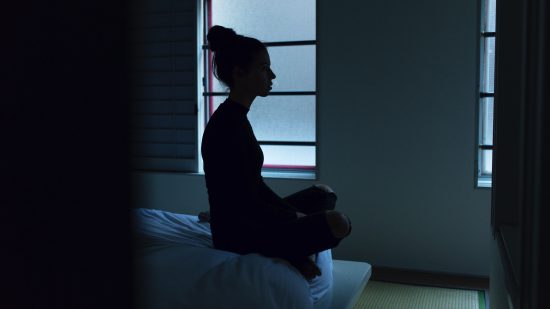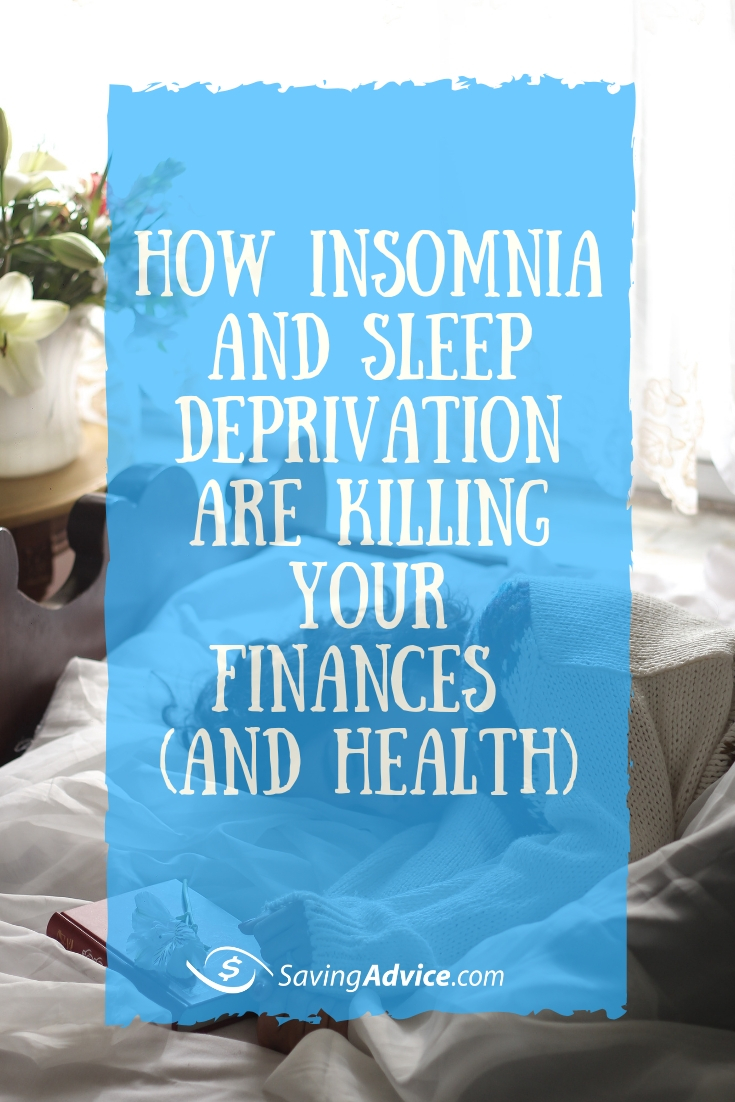
Everyone is wired a little differently. Some people prefer to get up early and conquer the day, while others prefer to spend the nighttime awake. A number of studies have examined how the latter may impact your health and other aspects of your life – including finances. So, what exactly does sleep deprivation do to your finances?
Your Body Clock and Mental Health
Whether you’re aware of it or not, your body has an internal clock that “resets” every 24 hours or so. Scientists have said this is your body’s way of aligning itself with the sun and moon. However, recent research has shown a strong link between sleep deprivation (or being a night owl) and mental health.
The research, which was released last week, further explained that being a morning person or night owl is actually a consequence of your internal body clock. All of this is shaped by your genes. According to the research, some genes can shift a person’s sleep schedule.
Researchers investigated these genes and whether or not they were associated with mental health. What they found was people who wake up earlier are more likely to have a more positive sense of well-being. Altogether, these individuals had a lower risk of developing depression or schizophrenia.
“Our work indicates that part of the reason why people are up with the lark while others are night owls is because of differences in both the way our brains react to external light signals and the normal functioning of our internal clocks,” lead author Samuel Jones, Ph.D., said. “These small differences may have potentially significant effects on the ability of our clock to keep time effectively, potentially altering risk of both disease and mental health disorders.”
Folks who aren’t getting enough sleep or who have poor sleep patterns have more to worry about where their finances are concerned as well.
Sleep Deprivation and Money
While there is no surprise that sleep deprivation has an impact on your mental health, many people find it interesting that your regular sleep patterns can affect your finances as well. Around one-third of Americans report they get less than seven hours of sleep on a regular basis. This type of sleep deprivation leads to the loss of 1.2 million working days a year.
Of those who say they aren’t getting proper sleep, 65 percent say they lose sleep because of their finances. However, losing that sleep can actually lead to a loss in income. People who sleep more earn 5 percent higher wages than folks getting less than eight hours a night. This is because they typically perform better in the workplace than those not getting enough rest.
Think about the things you could do with a 5 percent raise! Now is the time to kick your sleep deprivation to the curb and better your mental and financial health. Here are a few tips to get started.
- Keep it cool. Turning your thermostat down a few notches can help you get to sleep faster (and stay asleep longer).
- Get a massage. Regular massages can help you wind down. They also increase the serotonin and oxytocin production in your body, increasing your feeling of happiness.
- Improve your environment. Spend some time making your bedroom an inviting and calming place. Put some lavender in your room, add candles and soft lighting, and make your bed.
- Listen to music or white noise. Music or white noise can help you unwind and put your mind to rest after a long day.
- Plan your sleep. If you are a busy person, you need to draw a hard line where sleep is concerned. Plan it out and stick to it. Make sure you get the sleep you need and unplug from everything else.
- Stop taking sleeping pills. Your body can become dependent on sleeping aids FAST. Stop taking them and allow your body to get its natural sleep pattern back.
Readers, do you have any additional tips to add to help fight off sleep deprivation?
Read More
- How to Make Money While You Sleep
- New Study Says Sleep Deprivation May Cause ADHD
- Lack of Sleep Could Add Inches to Your Waistline
- 44 Genes Linked to Depression: Revolutionary Discovery


Amanda Blankenship is the Chief Editor for District Media. With a BA in journalism from Wingate University, she frequently writes for a handful of websites and loves to share her own personal finance story with others. When she isn’t typing away at her desk, she enjoys spending time with her daughter, son, husband, and dog. During her free time, you’re likely to find her with her nose in a book, hiking, or playing RPG video games.






Comments